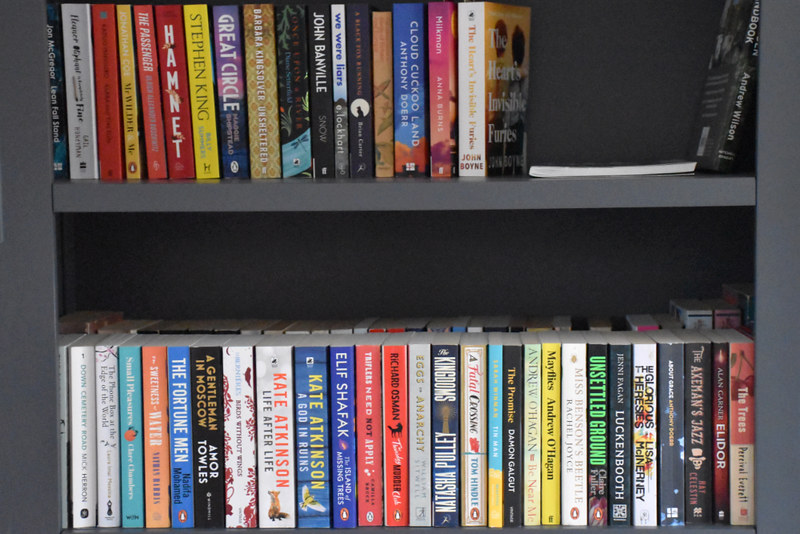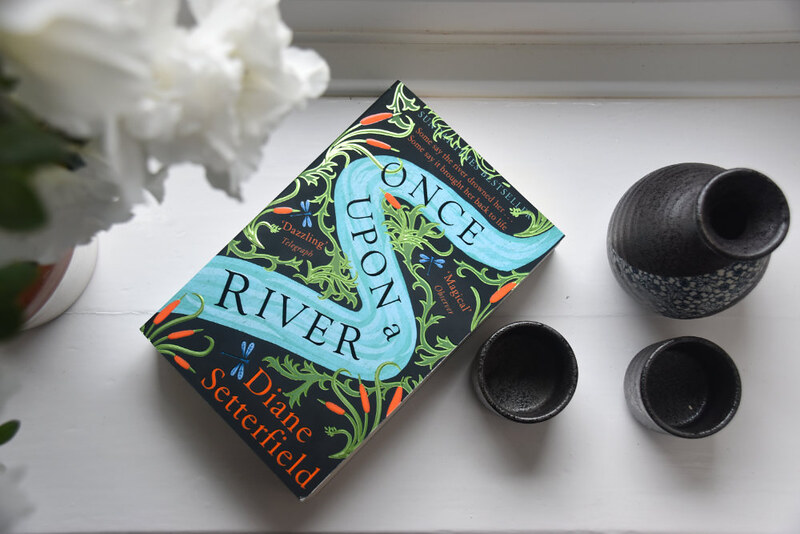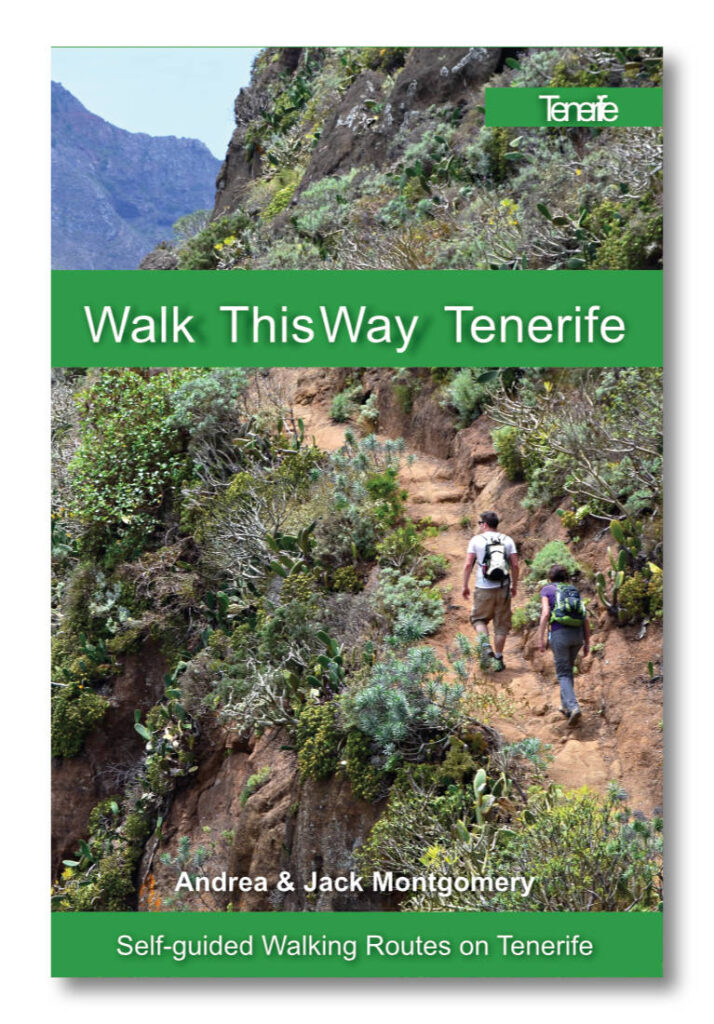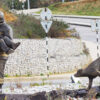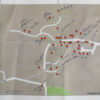How to choose a book to read. What a condescending title. Everyone knows how to choose books, don’t they? The answer to that question is clearly yes. But what if the statement was how to choose a book to read that you’re likely to enjoy? That puts a completely different slant on things. If Amazon/Goodreads reviews are anything to go by, there’s a hell of a lot of people who get that wrong.
A quick bit of research reveals the numerous methods people use to choose books. Some of these are more likely to lead to a satisfying read than others.
Way in which people choose a book to read
Pick a book with a genre or topic that interests you
This one seems obvious, but I don’t think it is. Readers come in various forms. There are those who like what they like. For them, picking a book with a genre they’re into makes sense. It doesn’t mean the book will be good, but it’s a solid starting point. But there are others who don’t particularly care about genres. I treat books the same way as I do movies. There are good ones and there are not so good ones, irrespective of their content matter. So, the genre way of choosing doesn’t work for me.
Read books by your favourite author
You already know the style and you already know the author’s voice. Picking a book because you like the author’s writing is mostly a safe bet. At the moment, I’d buy anything by Anthony Doerr. The three books of his I’ve read have had wildly different subject matter, so this ties in with above. Genre doesn’t matter – a good book is a good book.
Choose award-winning books
If anyone is open to genre, subject matter, writers who mess around with convention, then picking the likes of a Booker Prize Winner generally results in an interesting read, otherwise it can be a bad method of choosing a book. In a way, it’s similar to those people who try Michelin star restaurants and are disappointed, finding them pretentious or too avant-garde because it’s not to their tastes. Some literary book awards are not for fans of conventional structure.
Read book reviews to see what other readers like
I treat book reviews in the same way I approach online restaurant reviews, with extreme caution. I don’t know reviewers’ tastes, whether they match mine or not. I skip over author reviews on books because they are just marketing, but I do read reviews on Amazon after finishing a novel, just to remind myself why I don’t read them prior to choosing a book.
Ask for book recommendations from friends
This can work well. Friends are friends for a reason, often partly because they’re like-minded. We’ve lapped up a lot of great books we might have missed if it hadn’t been for friends. If they’re ardent readers, there’s a good chance tastes will match a lot of the time, but not always.
Participate in a book club
Read what a group of strangers recommend? No thanks. Check out Amazon and note how just many negative reviews are from people who have read a book only because it was their book club’s pick of the month.
Browse bookstores
This used to be my preferred way of finding books. I’d spend hours browsing bookshelves, looking for something that caught my attention. But it’s a time-devouring way of doing it. Now, I confine the browsing mostly to the ‘recommended’ sections of my local bookshop, and have picked up some absolute belters as a result, especially when combined with the next entry.
Read the first chapter
No matter what other method for choosing a book I combine this with, I always read the first couple of paragraphs in a book to see whether I’m going to get on with the writer’s style. It’s the one way that we can tell instantly whether a book might suit our individual tastes. Amazon’s Look inside feature is handy for doing this as well.
Pick a book based on a good movie
In a word, no.
One website I saw when researching how people choose the books included advice from librarians. This sage nugget summed it up nicely – discover your reading tastes. That might sound a given, but doing it properly means thinking about preferences regarding content, pacing, characterization, storyline, frame, and tone. It’s not what others like or dislike that’s important, it’s understanding ourselves that leads to better choices; something that can be applied to many aspects of life.

